On these hot muggy nights it can be difficult to get a good nights sleep.
Sleep should account for about a third of our lives but many of us struggle to get a good nights rest. We’ve all heard the stories of certain people like Margaret Thatcher surviving on 4 hours sleep a night or Leonardo Da Vinci sleeping for 15 minutes every 4 hours. Whatever the reality most of us need a good 8 hours sleep to be rested, recovered and ready for each day. Sleep deprivation is one of the oldest torture methods there is, so how do we ensure a good nights sleep?
Here’s 10 things you should know about sleep.
1. Routine – Avoid the lazy weekend.
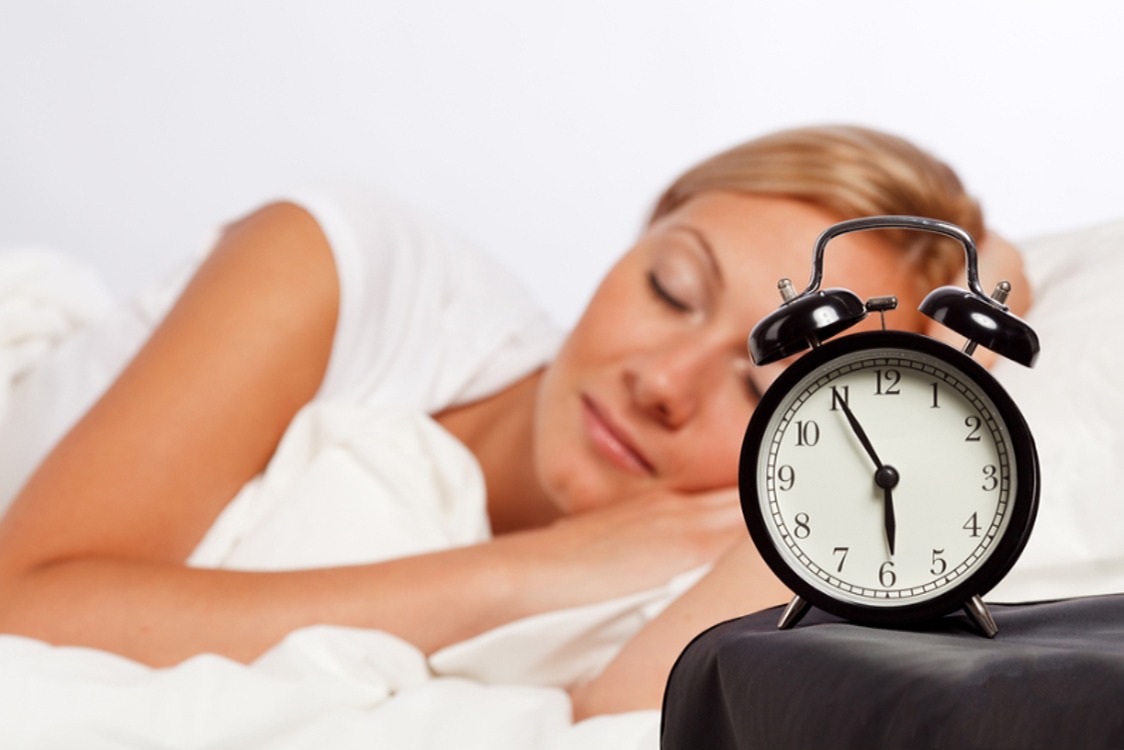
Babies like routine and we’re all babies, just some of us have grown up a little bit. Stick to the same bedtime and rising time everyday even on weekends. Those long lie ins on Saturday and Sunday, as nice as they are, mess up your body clock and give you a bit of “jet lag” resulting in a poor night sleep on Sunday and a restless cranky individual on Monday morning.
2. Winding down – Give your brain a chance.
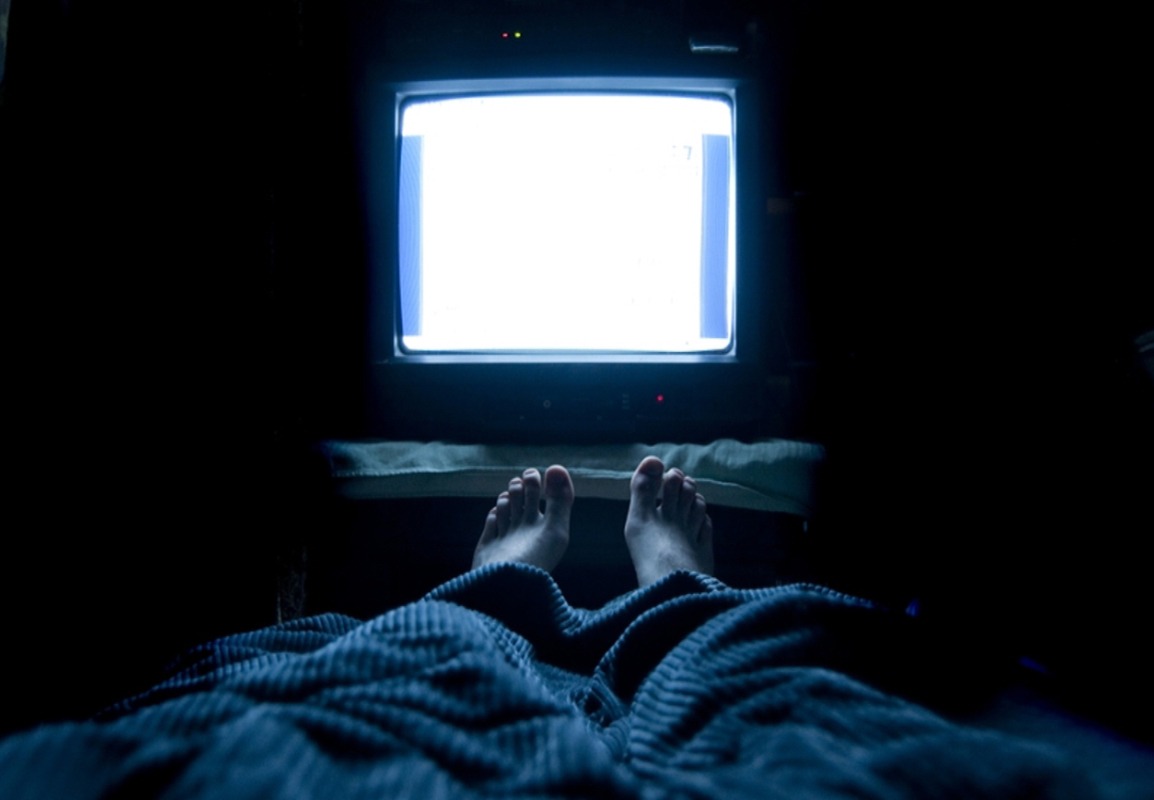
Your body needs to know it’s time to shut down. Practice a relaxing routine before bed. Trying to get off to sleep after a load of excitement, a stressful piece of work, loud music, bright lights, thousands of flickering images per second from the TV/phone or running around getting “stuff” sorted for tomorrow is a sure fire way of making your brain too busy to shut down. Try something like reading – but nothing scary and no TV, laptop or phones in the bedroom.
3. Sleep Hygiene – Set the right environment.
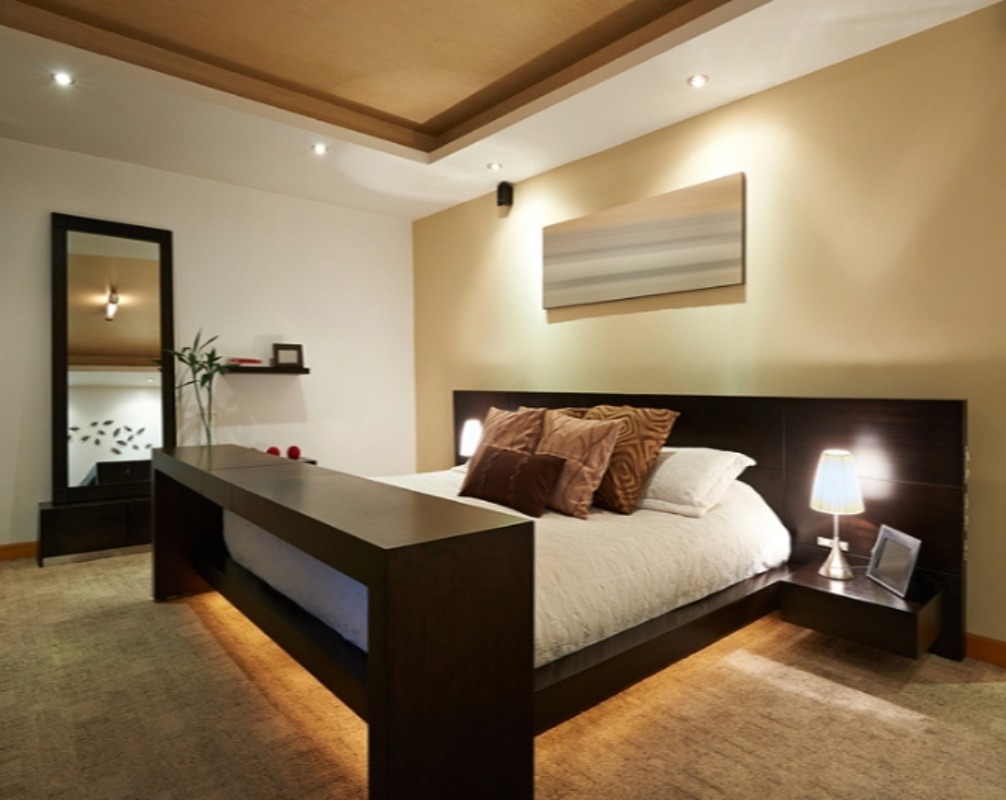
The place you sleep has to be conducive to sleeping. A dark room is essential, so black out blinds or eye shades are a must. Quiet helps but too quiet can be eerie so some people sleep better with white noise. Clean sheets, a comfortable pillow and mattress really help and a cool environment allows you to drift off into a deep sleep much quicker.
I’m reliably informed by a physiotherapist friend who did some work for Team Sky Cycling (before they were called Team Ineos) that one of their jobs was to create the perfect sleeping environment for the cyclists wherever they went. This involved changing the mattress, curtains, pillows and lighting in every hotel room they stayed at. If it’s good enough for Team Sky then it’s good enough for you.
4. Exercise – Not as good as you think.
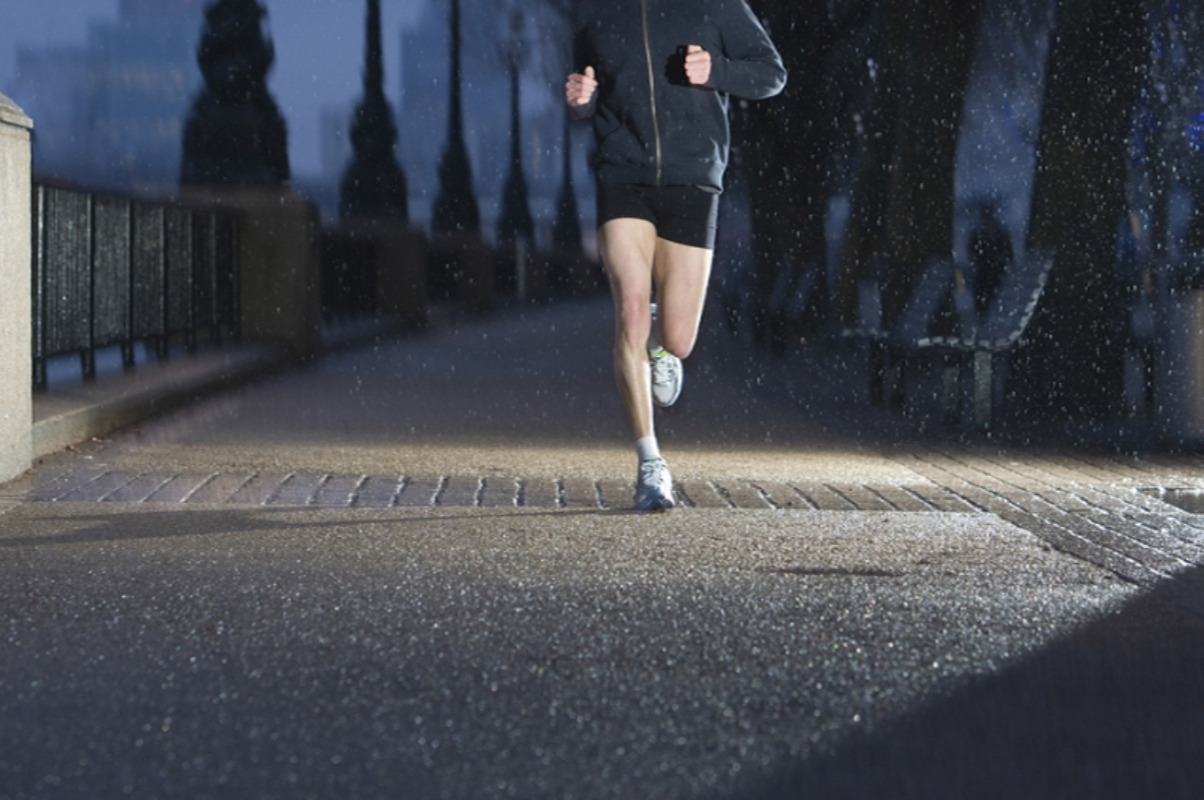
Exercise helps you sleep, Right? Well, I’m not so sure. There’s no evidence that exercise makes you sleep any better. That’s not to say that it doesn’t, but rather the studies don’t show it because the studies have to be done on normal people who are not on medication that could upset their sleep. What the research does show however is that exercising too close to your bedtime disrupts your sleep. This is most likely due to an increase in core body temperature post exercise and as mentioned above we need a cool environment to sleep. Washing your hands, feet and face before bed helps bring the blood to the peripheries facilitating a drop in core body temperature. Also if you are a regular exerciser and you don’t exercise that can have an adverse effect on your sleep. This is one of the reasons sports people will train the day before a contest rather than rest completely.
5. Daylight – Know your body clock type.

Our body has a circadian rhythm which is essentially our ability to know the difference between night and day. Our body clock is genetic. 40% of people are night owls. That is they struggle to fall asleep before 11 or 12 at night and struggle to get up early in the morning. 30% are early birds, asleep by 10pm and awake by 6a.m and the other 30% are somewhere in the middle but drifting towards the night owl. The natural body clock cycle is 24 hours and 15 minutes rather than 24 hours so we need to re-calibrate ourselves everyday.
Making sure you get some sunlight during the day allows your body to calibrate itself properly resulting in a better nights sleep. You’ll also get some Vitamin D which we know from previous newsletters is important for our muscles and bones but is also thought to contribute to our sleep cycle. A study of over 3,000 men over the age of 68, showed that insufficient Vitamin D resulted in getting less than 5 hours sleep a night and low self reported sleep efficacy scores.
Sleep is essential for memory processing so we need adequate opportunity to sleep in order to consolidate the facts, conversations and events of the day and even dream up solutions to problems. If we don’t have the correct opportunity to sleep, for example can’t get to sleep until midnight but having to get up at 6a.m this will impact on our cognitive function. Studies have shown up to a 40% reduction in memory recall with even small amounts of sleep deprivation.
If you are a night owl really consider changing your daily schedule to facilitate this. Could you start later at work to allow you to get the 8 hours in bed you need. You’ll be more productive if you do.
6. Diet – The right choices at the right time.
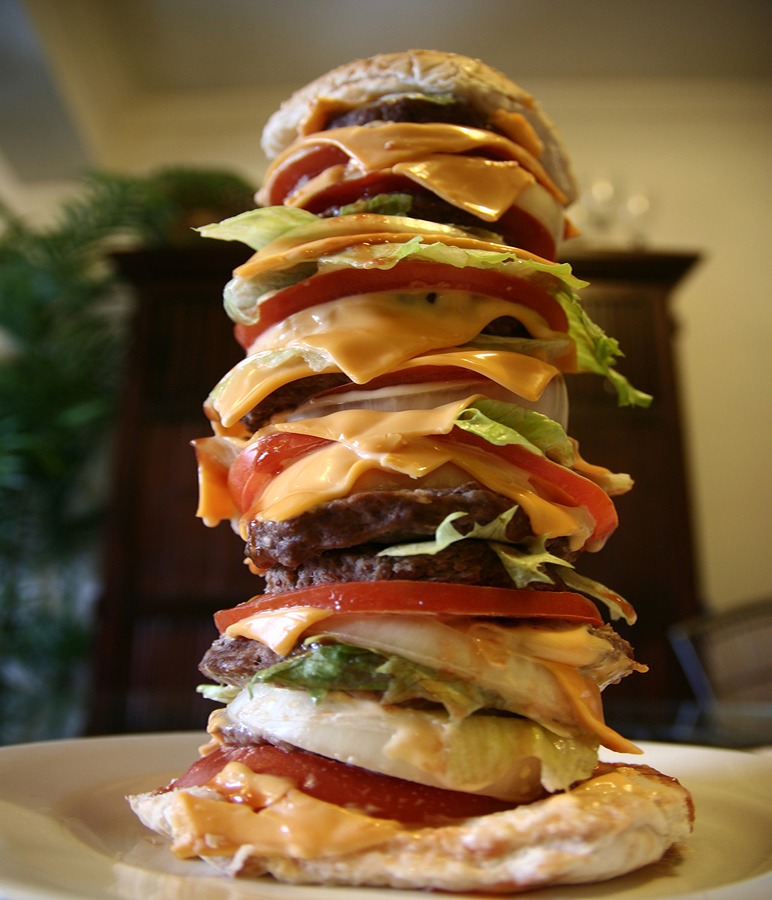
Avoid caffeine, smoking, alcohol and heavy meals.
Eating a big or spicy meal 2-3 hours before bedtime means your digestive system still has to work hard to breakdown that food therefore not allowing you to wind-down effectively. The blood has to go to your digestive system to breakdown the meal keeping your core temperature elevated and as we have seen from the effect of exercising too late we need our core temperature to drop to initiate sleep. Alcohol makes for a restless nights sleep and prevents you from going into REM sleep which has a significant impact on your memory and smoking is just bad for everything. Lack of sleep is associated with weight gain. Sleep deprivation often results in making bad food choices as you are likely to crave sugars when tired.
We all know that caffeine is a stimulant and drinking coffee too close to bedtime isn’t a good idea for the vast majority of people but did you know that the half life of caffeine is 6-7 hours. That means that a coffee you have at noon is still 50% strong in your bloodstream at 6pm. A very small portion of people (less than 10%) can metabolise caffeine much quicker. These are the ones who have a double espresso after an evening meal and still sleep sound and quickly. Most however don’t have this ability.
7. You partner
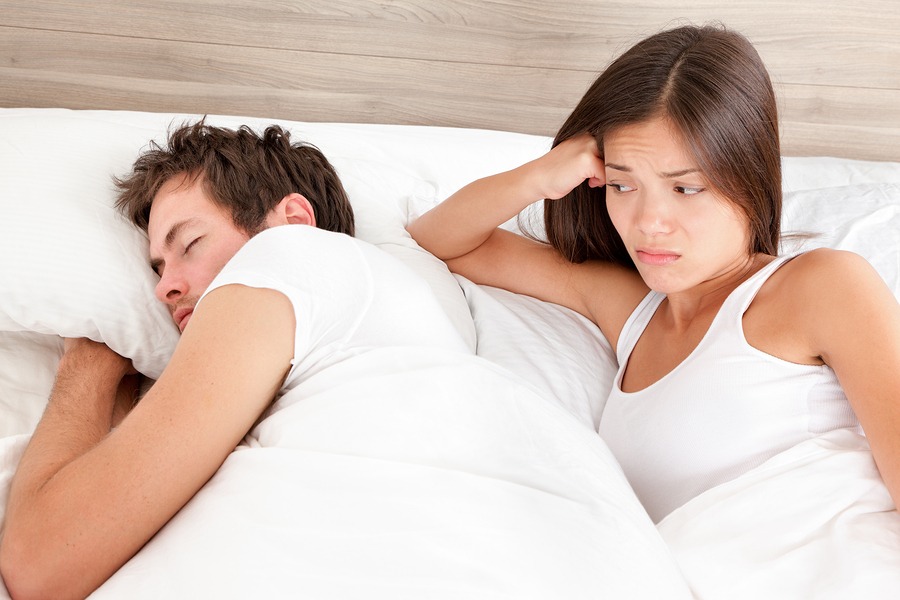
Their sleeping habits will affect yours. Do they fidget, hog the duvet, snore, talk in their sleep or even have night terrors and kick out. Unfortunately that’s beyond the scope of practice of a physio so you’ll have to figure out what to do with that one for yourself. Maybe one of you is a night owl and one an early bird so you’re never going to be on the same time as it were. Rather than fighting it and hoping that it will change. Facilitate it. You’ll both be better off for it.
8. Insomniac – Probably not
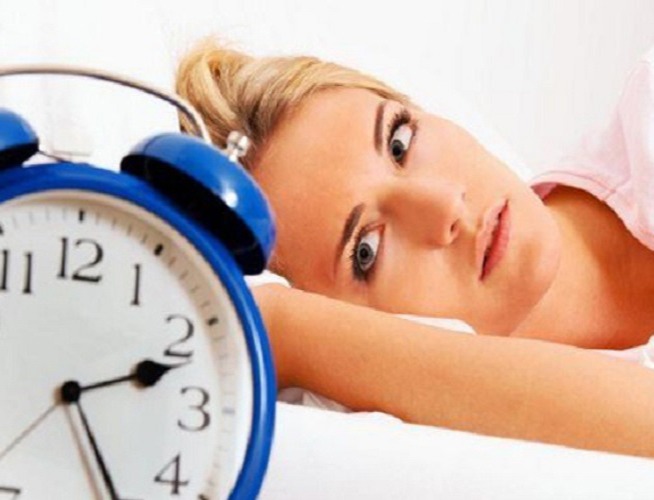
Many people think they suffer from insomnia and some will, however there are a few common misconceptions that may help you feel better about the sleep you are getting and change the way you think about sleeping.
Firstly most people fall asleep within 7 minutes. Sleep laboratories are full of people who claim they can’t get to sleep only to be studied and discover that they fall asleep within 7 minutes like everyone else. Time gets distorted when we transition into sleep so it can feel like we are awake for hours when it’s really minutes. Believing you can’t get to sleep makes you feel tired and having that mindset gets you stressed about your sleep and can become a vicious circle.
There are two waking phases in a normal nights sleep. So if you are getting broken sleep that’s probably normal too. You won’t be awake for as long as you think you are but again we can talk ourselves into believing we aren’t having a good nights sleep. You keep telling yourself you are tired all day because you perceive you haven’t slept well when it’s very possible your slept normally but you’ve convinced yourself you haven’t. That then means you are less likely to go out and do some basic exercise or get some fresh air and daylight which all influences your sleep cycle and you’ve now talked yourself into sleeping poorly.
9. Age – sleep changes with age.
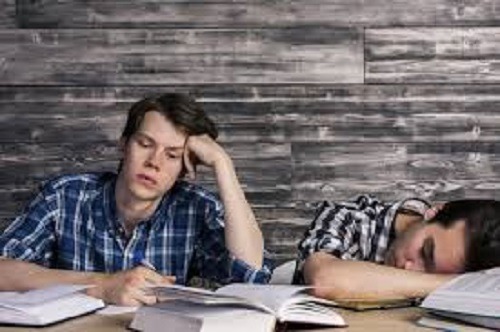
As mentioned above our body clock dictates our sleep cycle and this is genetic and can’t be altered, however it does change in certain phases of our life. As a teenager we become night owls, even if you are going to be an early bird for the rest of your life. This is true the world over from remote tribes to our westernised globalised interconnected lives that we live here in Cambridge. So maybe don’t fight it but facilitate it. Unfortunately most schools aren’t willing to change their routine to support the science and our teenagers brains, memory and body clock suffer. Don’t expect your teenager to jump out of bed at 6am on a Sunday morning or go to bed at 9 or 10pm on a Saturday night. Their body clock generally won’t allow it. There are many theories as to why this happens at this age of life but it’s a human thing the world over.
10. Nap time – NO.
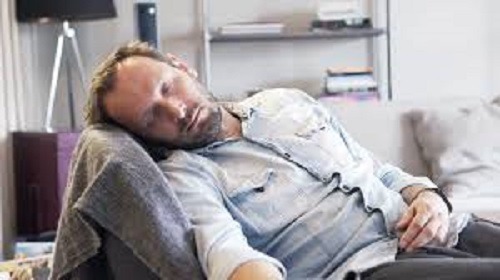
It’s tempting to drift off in the evening watching TV in front of a cosy fire in the winter months or after a busy day in the garden while the sun is out in these lovely summer months but that’s going to have a major impact on your nights sleep. From the moment we wake up we produce a chemical called Adenosine. This is a hormone that builds throughout the day and creates a sense of sleepiness or sleep pressure/desire to sleep when levels are high. When we fall asleep the Adenosine is washed out as it’s done its job. The problem when you fall asleep for an hour or so in the evening before going up to bed is you now have washed out that chemical that makes you feel sleepy so by the time you go upstairs, wash your teeth, get ready for bed, you are now wide awake and will probably struggle to get to sleep. Your not an insomniac, you’ve just fallen asleep too early and in the wrong place.
This is a much more common problem than people wish to admit. If this is something familiar to you, then it’s advisable to wear sunglasses in the morning, even in the house and get more light exposure in the later afternoon to help encourage your body clock to keep you more alert in the evening and then go to bed when you are sleepy and stay asleep. It might take a bit of discipline and getting used to but you’ll sleep better, function better and even improve your memory.
If you have any concerns about painful joints or muscles or some general concerns about your wellbeing then give us a call on 01223 350622.
Don’t forget you can forward this newsletter to anyone you think might be interested or share it on your facebook page or tweet it.
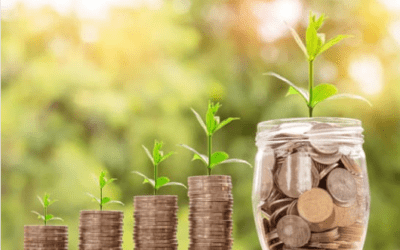
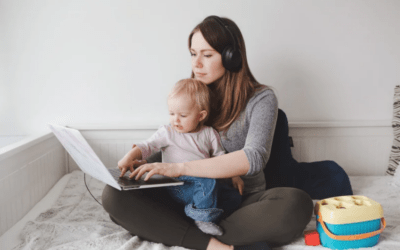

0 Comments